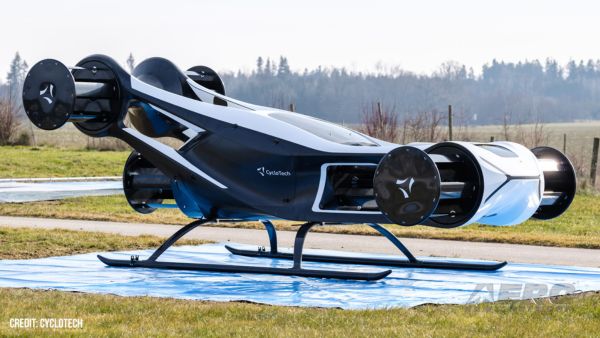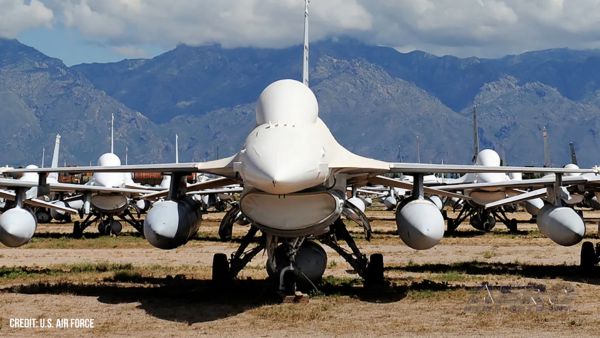Wed, Apr 12, 2006
Advertisement
More News
 NTSB Prelim: Hy-Tek Hurricane HP
NTSB Prelim: Hy-Tek Hurricane HP
About 100 Ft Above Ground Level, The Engine Lost Total Power On April 14, 2025, about 1003 Pacific daylight time, an experimental amateur-built Hy-Tek Hurricane HP, N9088G, was sub>[...]
 ANN's Daily Aero-Term (05.14.25): Flight Check
ANN's Daily Aero-Term (05.14.25): Flight Check
Flight Check A call-sign prefix used by FAA aircraft engaged in flight inspection/certification of navigational aids and flight procedures. The word “recorded” may be a>[...]
 Aero-News: Quote of the Day (05.14.25)
Aero-News: Quote of the Day (05.14.25)
“While our traditional mechanical magnetos will be around for a long time, Hartzell Engine Tech acquired E-MAG to expand its PowerUP Ignition System product portfolio into bo>[...]
 ANN's Daily Aero-Term (05.15.25): Primary Radar
ANN's Daily Aero-Term (05.15.25): Primary Radar
Primary Radar A radar system in which a minute portion of a radio pulse transmitted from a site is reflected by an object and then received back at that site for processing and dis>[...]
 Airborne 05.12.25: $1M Flying Car, Marion Airport Saved, AirVenture Cup
Airborne 05.12.25: $1M Flying Car, Marion Airport Saved, AirVenture Cup
Also: ‘Sonoran Beauty’ Jump-Qualified, IAG Orders, FAA Shuts Down ATC Oversight, EAA Joins Modern Skies Slovakia-based developer Klein Vision recently unveiled the prod>[...]
blog comments powered by Disqus



